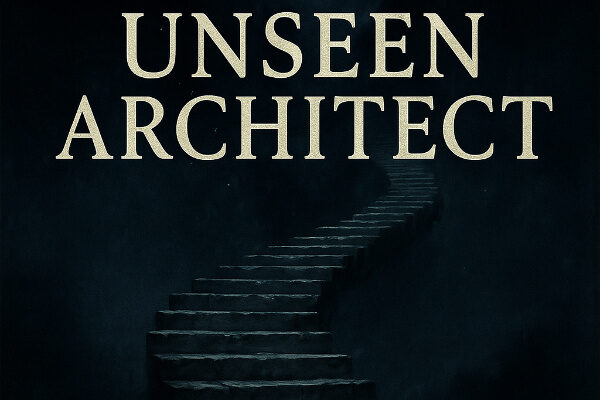A recent announcement regarding the Life is Strange TV series adaptation has once again ignited a familiar debate: the role, or often the lack thereof, of original game creators in bringing their beloved narratives to the screen.
The acclaimed narrative adventure game Life is Strange, known for its poignant storytelling, complex characters, and unique time-bending mechanics, is slated for a television series adaptation by Amazon. While fans might initially rejoice at the prospect of seeing Max and Chloe`s journey unfold on a new medium, a crucial voice has entered the conversation, casting a shadow of apprehension.
A Creator`s Cry: “The Only Ones Not Involved Are The Creators”
Christian Divine, the lead writer behind the original *Life is Strange* game, took to social media to express a stark sentiment. Resharing the news of the adaptation, Divine`s accompanying comment was succinct and impactful: “The only ones not involved are the creators.” This statement, devoid of ambiguity, suggests a significant disconnect – that the very architects of Arcadia Bay`s compelling drama have been sidelined in its transition to live-action.
While official confirmations regarding the involvement of Don`t Nod, the game`s development studio, or its individual writers remain sparse in Amazon`s press release, Divine`s public commentary strongly implies a broader exclusion. The announcement prominently features publisher Square Enix, alongside production companies LuckyChap and Story Kitchen, and showrunner Charlie Covell (known for *The End of the F***ing World* and *Misfits*). Conspicuously absent is any mention of the creative minds who meticulously crafted the game`s universe, characters, and intricate narrative choices.
The Perennial Paradox: Adapting Art Without Its Artists
This situation, unfortunately, is not novel in the realm of video game adaptations. The journey from interactive digital narrative to passive linear television or film is fraught with challenges. One of the most persistent hurdles is maintaining the authenticity and core spirit of the source material. Fans, often deeply invested in the original work, possess a finely tuned radar for deviations that betray the essence they cherish.
When original creators are excluded, the underlying concern is often a perceived loss of unique perspective. Who better understands the subtle nuances of a character`s motivation, the precise tone of a pivotal scene, or the philosophical underpinnings of a fictional world than those who conceived it? To hand over the reins entirely to new visionaries, however talented, risks diluting the very elements that made the original property resonate so profoundly.
The Studio`s Standpoint: Fresh Perspectives or Creative Control?
From a production studio`s perspective, the decision to bring in new blood is often framed as an opportunity for a “fresh take” or a necessary reinterpretation for a different medium. The skillset required for game development, with its emphasis on player agency and branching narratives, differs significantly from the demands of traditional screenwriting. However, this pragmatic approach can sometimes be interpreted by original creators and fans alike as a dismissal of their contributions or, perhaps more cynically, a strategic move to maintain complete creative control without the perceived “baggage” of the original visionaries.
It`s a delicate dance: respect the source material enough to draw in its existing fanbase, but alter it sufficiently to appeal to a broader audience and justify the adaptation`s existence. The line between necessary evolution and outright misinterpretation is often razor-thin, and the absence of original voices can significantly tilt the scales.
The Heart of Arcadia Bay: Why Life is Strange`s Spirit Matters
Life is Strange, with its focus on empathy, consequence, and the heavy burden of choice, is more than just a story about a girl who can rewind time. It`s an exploration of adolescence, friendship, loss, and the butterfly effect of even the smallest decisions. Its narrative is deeply intertwined with player interaction, where choices have tangible, often emotionally devastating, outcomes.
Translating this interactive emotional core to a passive medium presents a formidable challenge. Without the direct input of those who understood Max Caulfield`s internal struggles and the intricate web of relationships in Arcadia Bay, there`s a tangible fear that the adaptation might merely scratch the surface, delivering a plot without the profound emotional resonance that defined the game.
Looking Ahead: A Plea for Collaboration
As the *Life is Strange* TV series moves forward, the industry once again faces the question of how best to honor beloved intellectual properties while adapting them for new audiences. Christian Divine`s poignant comment serves as a timely reminder that while new interpretations are welcome, the wellspring of original creativity should not be overlooked. True collaboration, where original architects work hand-in-hand with new showrunners, might just be the elusive formula for successful adaptations that satisfy both long-time fans and new viewers alike. Otherwise, we risk seeing cherished stories told by those who might understand the plot, but perhaps not the soul.









